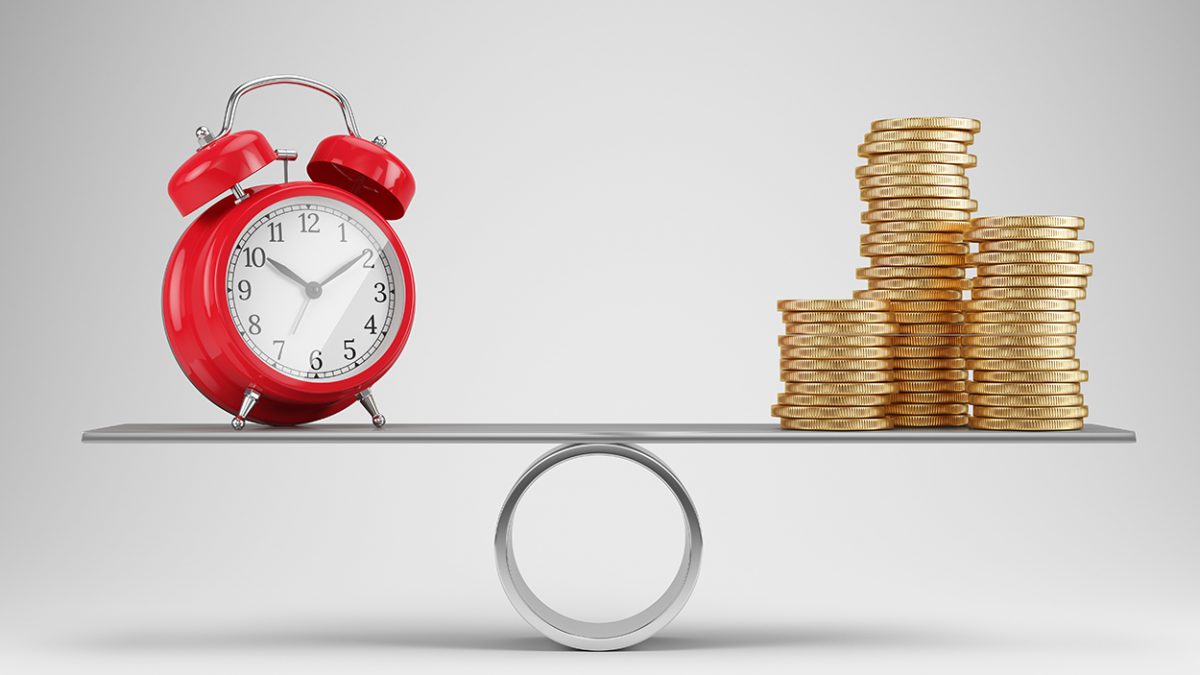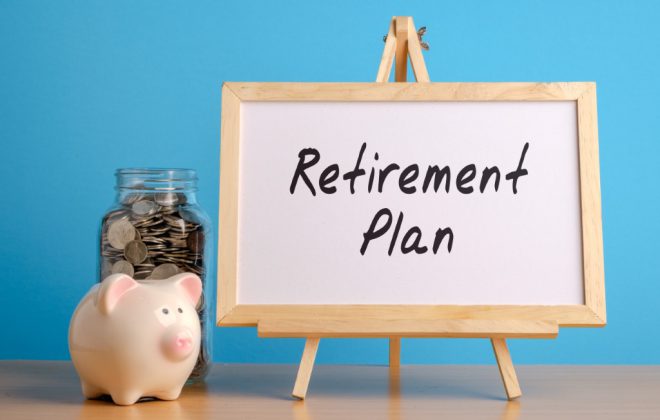4 Types Of Investment Funds You Can Start Thinking About This January
It sounds like a bit of a cliché, but times are still very tough for millions of people across our country. Presently, South African consumers owe a staggering R1,7 trillion and every second person you talk to is finding it increasingly difficult to save for the short-term (like a holiday) and commit to any long-term investment strategies (like sticking to a retirement plan).
For most South Africans, the money strategy for 2020 simply must be:
- Settle as much debt as soon as possible
- Start saving something for a rainy day
- Start investing for the future
The good news is that when it comes to investing, you don’t have to invest large sums of money to get a decent return. The important thing is that you understand your appetite for risk and pick the right type of fund.
If you approach a bank, go through your broker, or even decide to do your business online, most asset management companies are going to have 4 types of funds you can pick from.
Let’s take a closer look at them:
Money Market Fund
Ever heard the saying “Cash is King”. When it comes to investing, this sounds more accurate – “Cash is safe”.
If you don’t already know, Money Market funds are wholesale funds where banks borrow and lend large sums of money. So, it’s really a marketplace of cash swirling around between those that have it to lend, and those that need to get their hands on it.
The good news is that you can investment in a Money Market account at very low (almost no) risk.
The difference between investing in a Money Market fund and leaving your money in your bank is there is no fixed interest rate. In a Money Market account, the yield can go up or down relative to the interest earned, while in a bank you are likely to invest your cash for a fixed period, at a pre-determined rate.
If you are looking for:
- A very safe investment
- That will beat leaving your money in your bank account
- But is flexible (you can get your money out whenever you like)
You might want to consider a Money Market fund.
PS: The rates offered by banks and asset management companies are generally the same but shop around if you have some serious loot to invest.
The Stable Fund
The name says it all, right? No prizes for guessing what the mandate of this fund is.
If you want a return that is better than a Money Market fund, but you don’t want to see the floor fall out if the stock market takes a dip, listen up for second.
Any Stable Fund offers the investor some stability in the long-term. It does this by investing a small amount of your money in other asset classes like bonds and equities (stocks).
But only about 20% of your money is invested outside of cash.
Its aim is to produce a return to you, the investor, over the long term and is constantly measured against daily interest rates. The fund manager will have a clear mandate – “Make sure you beat Money Market rates so we can attract more investors, but don’t lose our clients’ money!”
The Balanced Fund
The Balanced Fund is a slightly riskier investment than the Stable Fund, however there is potential for better growth on your investment over the long-term.
How does the fund achieve this?
The fund manager invests a larger slice of the fund’s assets into stocks and bonds. It really is as simple as that.
About 50% of most Balanced Funds are invested in cash, and the remainder is invested in stocks and bonds.
It’s important to note that you need a 5 to 10-year investment horizon when you start investing in any fund that has equity exposure.
The Equity Fund
Are you looking for double digit returns?
Then you want a piece of the stock market (and that can be local or international). Any financial advisor will be quick to point out that equities (company stocks) have outperformed any other asset class over a 25-year period.
And they wouldn’t be incorrect in saying that.
But the local equity market has been flat as a pancake for 5-years and cash investments have done better.
If you have a 20-year investment horizon and you understand that in some years you will do well, and in other years, when markets crash, your money will go backwards, then jump into an equity fund.
If the thought of seeing your money potentially lose 30% of its value overnight is too much to handle, then stay away from equities. Try something more Balanced or Stable.
Ultimately this year should be about saving and investing. Let’s all knuckle down and start putting some money away.
Until next time.
The Money Shop Team
MoneyShop





